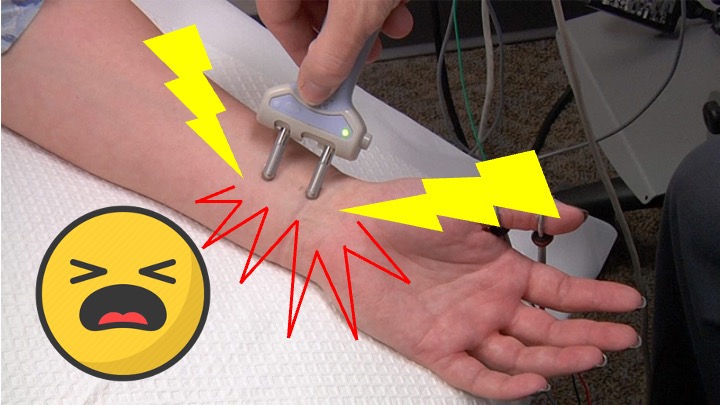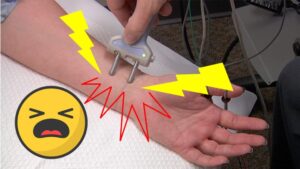The Benefits of Wide Awake Procedures
 What is it like to be awake during a procedure?
What is it like to be awake during a procedure?
You may have carpal tunnel syndrome or trigger finger. If so, you may be considering surgical treatment to cure the symptoms forever. Dr. Johnny Nelson is an expert in carpal tunnel release and trigger finger release with real-time ultrasound guidance. He also performs many other procedures around the hand and wrist.
It may sound crazy to some, but one option is to remain completely awake during your procedure.
If you are considering surgery, your surgeon should discuss different options for anesthesia. Wide-awake surgery is not possible or encouraged with some procedures. For example, major hip or knee surgery, spine surgery, or shoulder surgery requires at least sedation or “sleeping medicine.” Dr. Johnny T. Nelson is a Raleigh North Carolina shoulder specialist, and all patients who have shoulder surgery or rotator cuff repair have at least sedation during their procedure.
But wide-awake surgery is very common and for most small hand procedures is a very good option.
Dr. Nelson has performed over 700 carpal tunnel releases with real-time ultrasound guidance, and no patient has ever needed sedation or general anesthesia.
Being wide-awake during surgery does not mean that you will feel pain! Dr. Nelson uses numbing medicine, usually applied gently around the surgical site just before the procedure begins. The difference is that you will not need an IV, any sleeping medicine, and no tube will be placed down your throat to keep you asleep during the procedure.
The closest analogy is going to the dentist. Most patients go to the dentist and have dental work done without being asleep. If deeper work is necessary, there are situations where dentists give sleeping medicine. But usually the most that they need to do is inject some numbing medicine.
Thanks to new technology, carpal tunnel release can now be performed with real-time ultrasound guidance. This wide-awake procedure is more comfortable overall. There are no burning medicines given through an IV that leave you groggy and nauseated.
Also, with wide awake surgery there are little or no anesthesia risks. Many patients have medical conditions, such as heart or lung problems, that make traditional anesthesia higher risk or more difficult. As a result, no medical clearance is necessary from your medical doctor, and you do not need to stop blood thinners!
Finally, because of all these benefits, wide-awake surgery is perfect for the office setting. The anxiety caused by being in a hospital or operating room is a thing of the past!
If you have carpal tunnel syndrome, call 919-872-5296 or contact us to schedule your visit with Dr. Johnny T. Nelson MD, North Carolina’s premier carpal tunnel specialist.
The Benefits of Wide Awake Procedures Read More »


 Patients in North Carolina experiencing the painful symptoms of
Patients in North Carolina experiencing the painful symptoms of 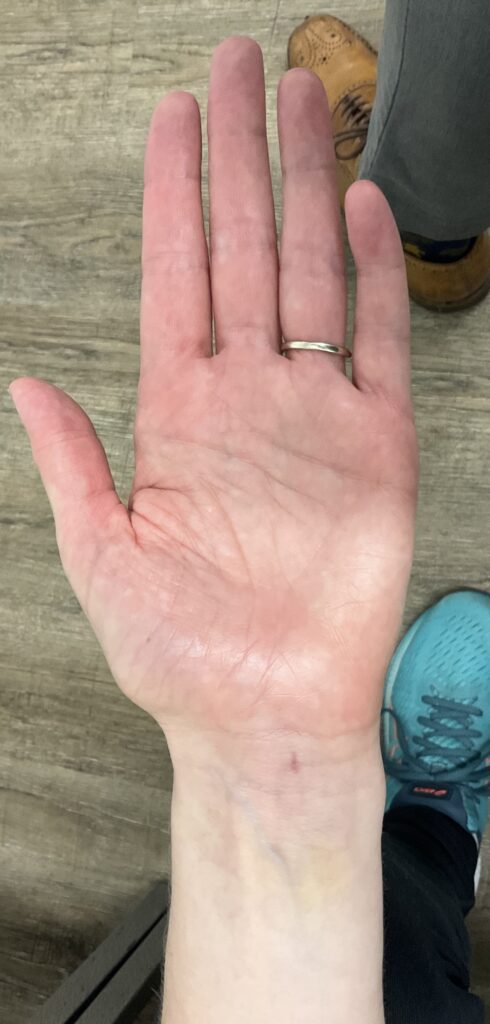
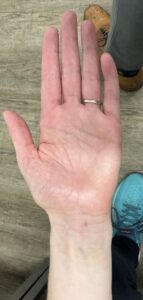 Does redness around my carpal tunnel incision mean infection?
Does redness around my carpal tunnel incision mean infection?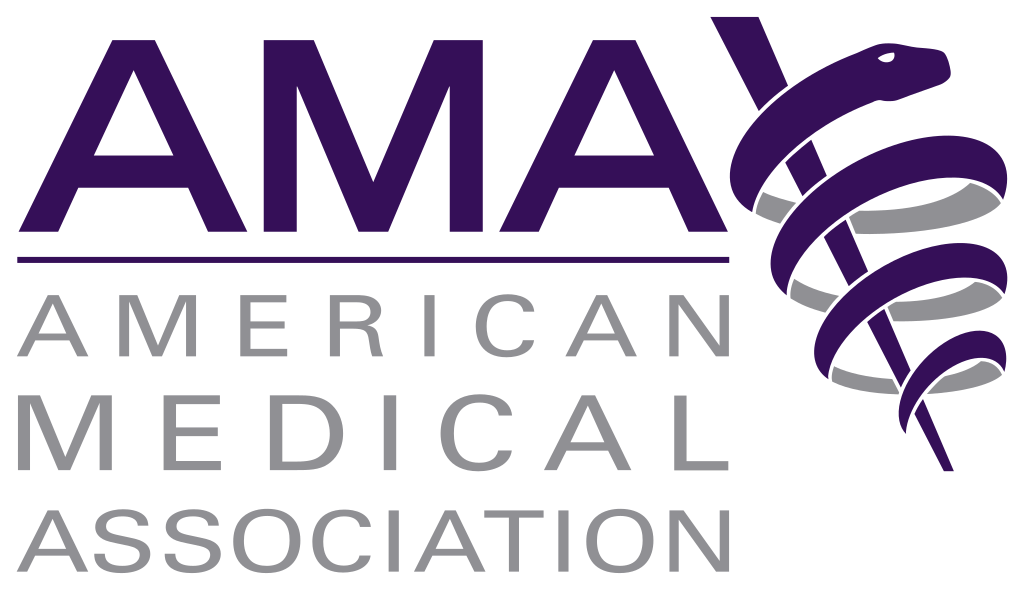
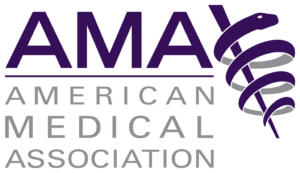 In October 2023, the American Medical Association published a very interesting article entitled, “What Doctors Wish Patients Knew About Carpal Tunnel Syndrome.”
In October 2023, the American Medical Association published a very interesting article entitled, “What Doctors Wish Patients Knew About Carpal Tunnel Syndrome.”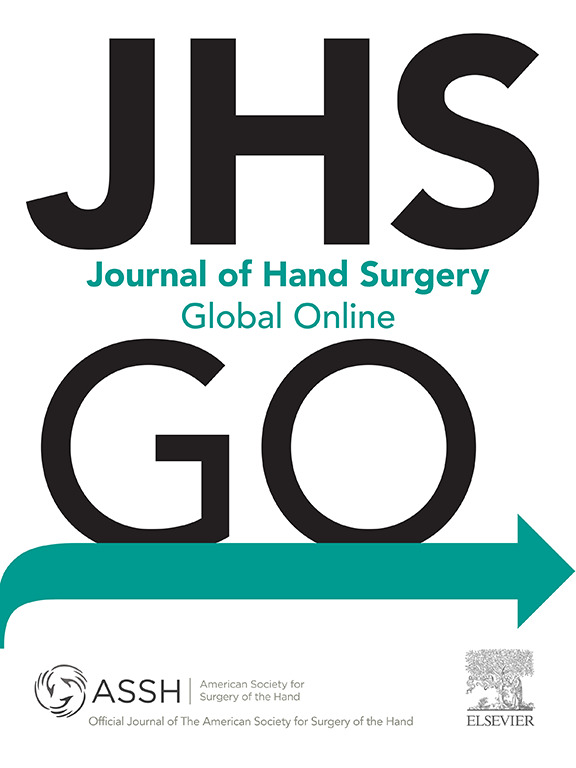
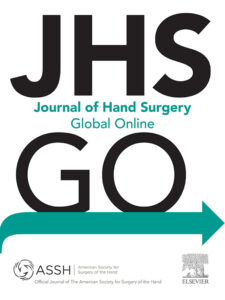 Congratulations to Dr. Johnny T., Nelson M.D., who, along with several other investigators, will be published and the esteemed Journal of Hand Surgery Global Online!
Congratulations to Dr. Johnny T., Nelson M.D., who, along with several other investigators, will be published and the esteemed Journal of Hand Surgery Global Online!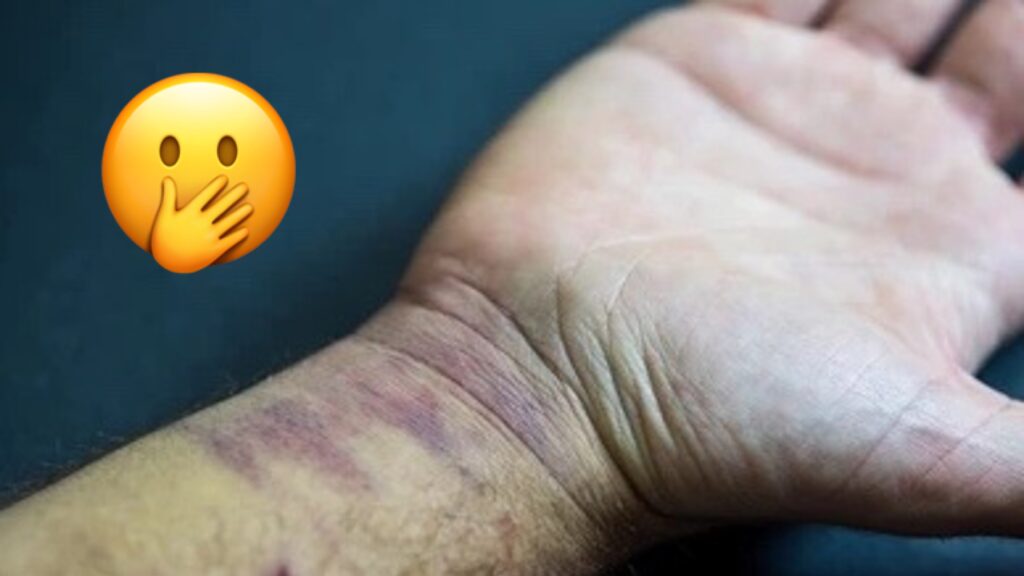
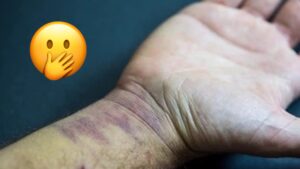 Raleigh North Carolina Carpal Tunnel Release Expert Johnny T. Nelson, MD hears this question often. If you are asking this question, you are not alone and chances are you recently had a carpal tunnel release procedure. Perhaps you had a traditional open carpal tunnel release, or perhaps you had the ultra-minimally invasive carpal tunnel release with real-time ultrasound guidance.
Raleigh North Carolina Carpal Tunnel Release Expert Johnny T. Nelson, MD hears this question often. If you are asking this question, you are not alone and chances are you recently had a carpal tunnel release procedure. Perhaps you had a traditional open carpal tunnel release, or perhaps you had the ultra-minimally invasive carpal tunnel release with real-time ultrasound guidance.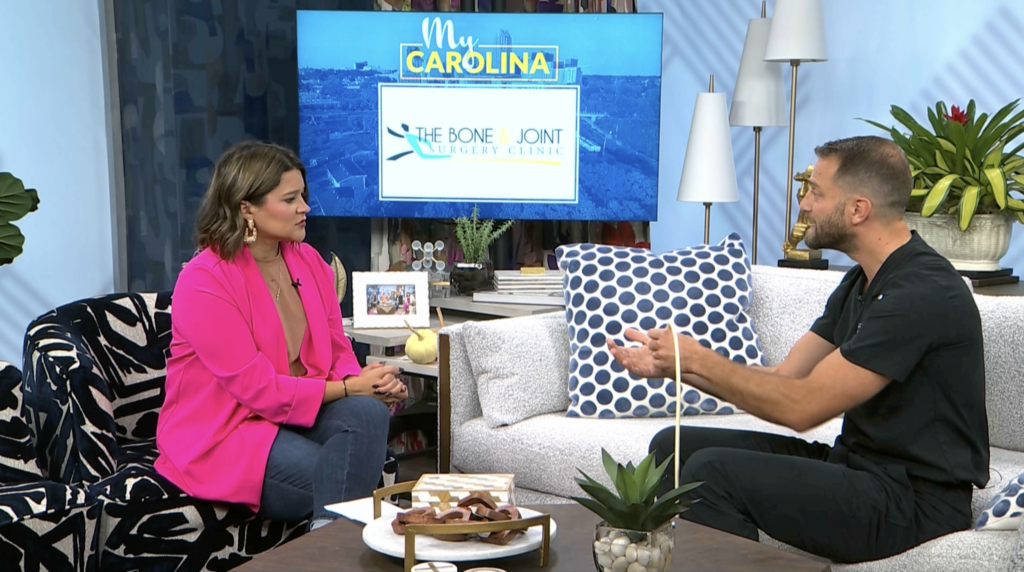
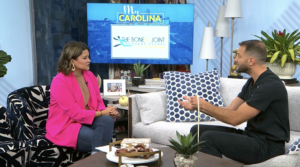 Dr. Johnny T. Nelson was recently featured on CBS17’s My Carolina!
Dr. Johnny T. Nelson was recently featured on CBS17’s My Carolina!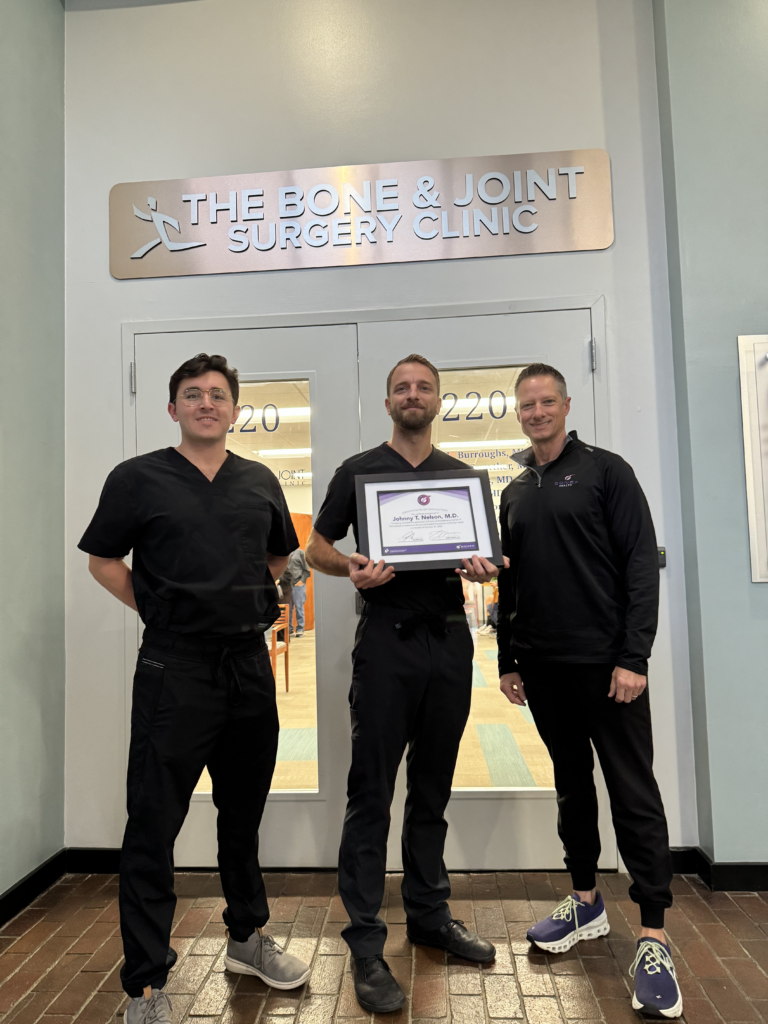
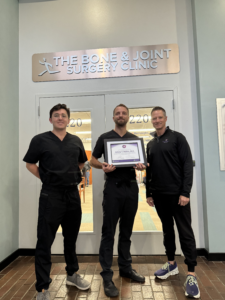 Johnny T. Nelson MD and Raleigh Upper Ex Named Center of Excellence!
Johnny T. Nelson MD and Raleigh Upper Ex Named Center of Excellence!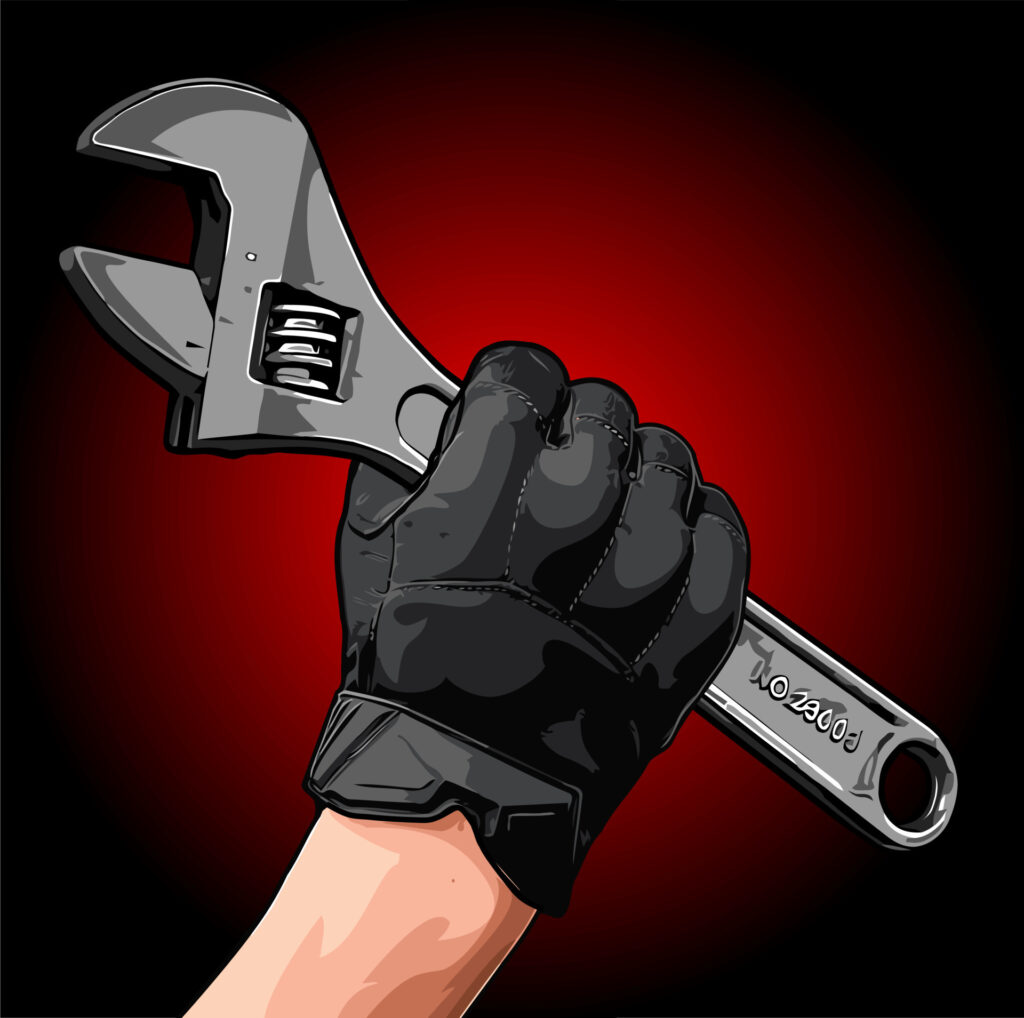
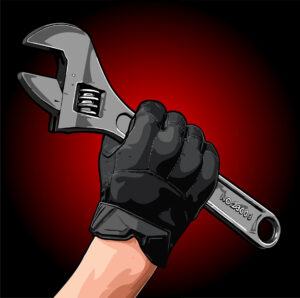 When can I return to work after carpal tunnel release?
When can I return to work after carpal tunnel release? all” healing after carpal tunnel release. Some patients are comfortable enough to perform heavy gripping, pushing, and pulling 3 days after carpal tunnel release, while some patients those activities may take several weeks to return. Many plumbers, electricians, and mechanics have their carpal tunnel release on a Thursday, and are back to work the following Monday! In a few patients, return to full grip and pinch strength may take 1-2 months.
all” healing after carpal tunnel release. Some patients are comfortable enough to perform heavy gripping, pushing, and pulling 3 days after carpal tunnel release, while some patients those activities may take several weeks to return. Many plumbers, electricians, and mechanics have their carpal tunnel release on a Thursday, and are back to work the following Monday! In a few patients, return to full grip and pinch strength may take 1-2 months.